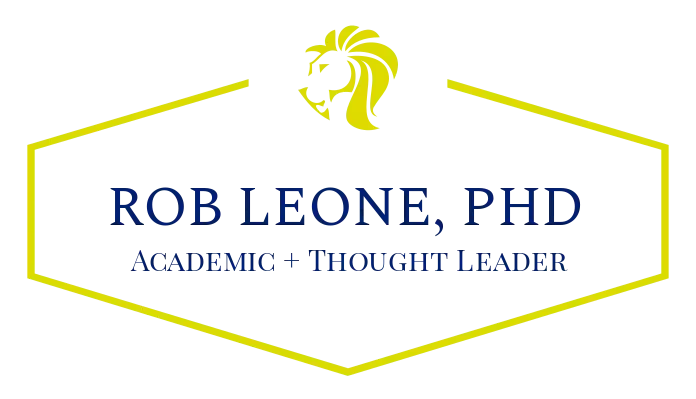OK, Canadians. It shouldn’t take a political scientist to tell you that pollsters sometimes get it right and other times get it wrong. But here it is anyway: they could be wrong!
The evidence for this is plainly obvious in terms of recent egregious polling examples throughout Canada and in countries abroad. Christy Clark won in BC confounding pollsters. Allison Redford won in Alberta, mystifying pretty much everybody. Kathleen Wynne’s victory eclipsed what some pollsters were saying. David Cameron renewed his term as prime minister with a majority mandate in the UK even though exit polls – EXIT POLLS!!! – suggested he’d be denied another term.
There is a well-researched reason for why the polls might be wrong. It’s called the social desirability bias. This is a bias in which survey respondents tend to give answers that are more socially acceptable, while their intentions at the ballot box are completely opposite to what they told pollsters. There are many permutations to this bias, but the major point is when it is socially unpopular to hold certain views, you don’t want to tell people about those views.
The Harper government has never been a tremendously popular government. Polls show that 70% of Canadians want to see change. That’s a popular view. Saying that you’re happy with Harper or his government isn’t. Moreover, how voters feel about the identity politics being played has changed. Initially, voters expressed support for controversial policies on niqabs during citizenship ceremonies and barbaric cultural practices. However, when it became socially toxic to hold those views, people started to tell pollsters their voting intentions change. The question of whether their voting intentions have in fact changed won’t be known until election day, but it’s lost on pretty much everybody at this point.
In the aftermath of the UK general election, the British media talked about this phenomenon. There is a shy Conservative hypothesis that some public opinion researchers have picked up on. The hypothesis posits that public opinion polls tend to under represent Conservative support because people are reluctant to admit their support for that party due to the negative perceptions attached to it among the general public. Some media folks in the UK have suggested that if we want more accurate polls, we should stop shaming the shy Tories. Could this be a story line we pursue in Canada on October 2oth?
I, for one, would support a ban on the publication of public opinion polls in Canadian elections by the media. The actual debate we had in this country at the beginning of this campaign was sucked up by horse race polls that deal with who is ahead or behind, and that ultimately does a disservice to Canadians. Add to this the presence of a bandwagon effect that some public opinion researchers pick up on, and you have the potential for some skewing of political attitudes. How else does one explain how one polling firm – that is tracking every night and reporting the next morning – capture a trend that no other polling firm was capturing until yesterday? The country’s political attitudes have been pretty much in a stalemate for months. Now there is a sudden shift? Maybe there is, but what if there isn’t?
Pollsters better hope they’re right or else there will be mutiny.
